Supported Child Development
Supported Child Development
What is Supported Child Development?
Supported Child Development (SCD) is a program that provides culturally and developmentally appropriate support and intervention to young children and their families within our Member Nation communities. We aim to identify needs by working with families, daycares, schools, community health nurses, doctors, and other professionals, as well as Fetal Alcohol Syndrome Disorders teams, and to help fill any identified gaps.
How can I receive support through this program?
We operate on a self or professional-referral basis in a community-based way, within our Member Nations communities. All programs and services are free of charge.
What does this program offer to First Nation children and families?
- Ages and Stages Questionnaires (ASQ-3 and ASQ: SE-2): A parent-completed screening tool to monitor the child’s social-emotional and developmental milestones from 1 month to age 6. This tool aids in identifying potential social-emotional or developmental delays. It allows for the child to be screened 9 different times during their development and begin intervention as early as possible.
-
Preschool Language Scales-5 Screening Test (PLS™-5): Screens a broad range of speech and language skills for children from birth through age 7.
-
Hearing Screening: Although hearing loss is common in older adults, it can occur at any age—even in babies and children. When children have undiagnosed hearing loss, it can affect their ability to learn to speak, understand language, thrive in a classroom, and interact with others. SCD can administer hearing screenings in children 3 years and up to help identify any needs.
-
Moe the Mouse: This program guides caregivers to build speech and language skills with their children ages 3 to 5 through fun and engaging Indigenous storytelling with puppets, sounds, stories, and songs. This program is offered in 16 sessions and supports culturally appropriate learning within homes and childcare centers.
-
Infant Massage: The first language of love is nurturing touch. The second is dialogue. This promotes healthy family development through nurturing touch and compassionate communication. The IAIM® Infant Massage Program is based on an adaptation of the ancient massage strokes and movements and the principles of reflexology and yoga.
-
Looksee: A developmental checklist that can help assess your child’s progress in a quick glance. It looks at key skills that most children can master at that specific age.
